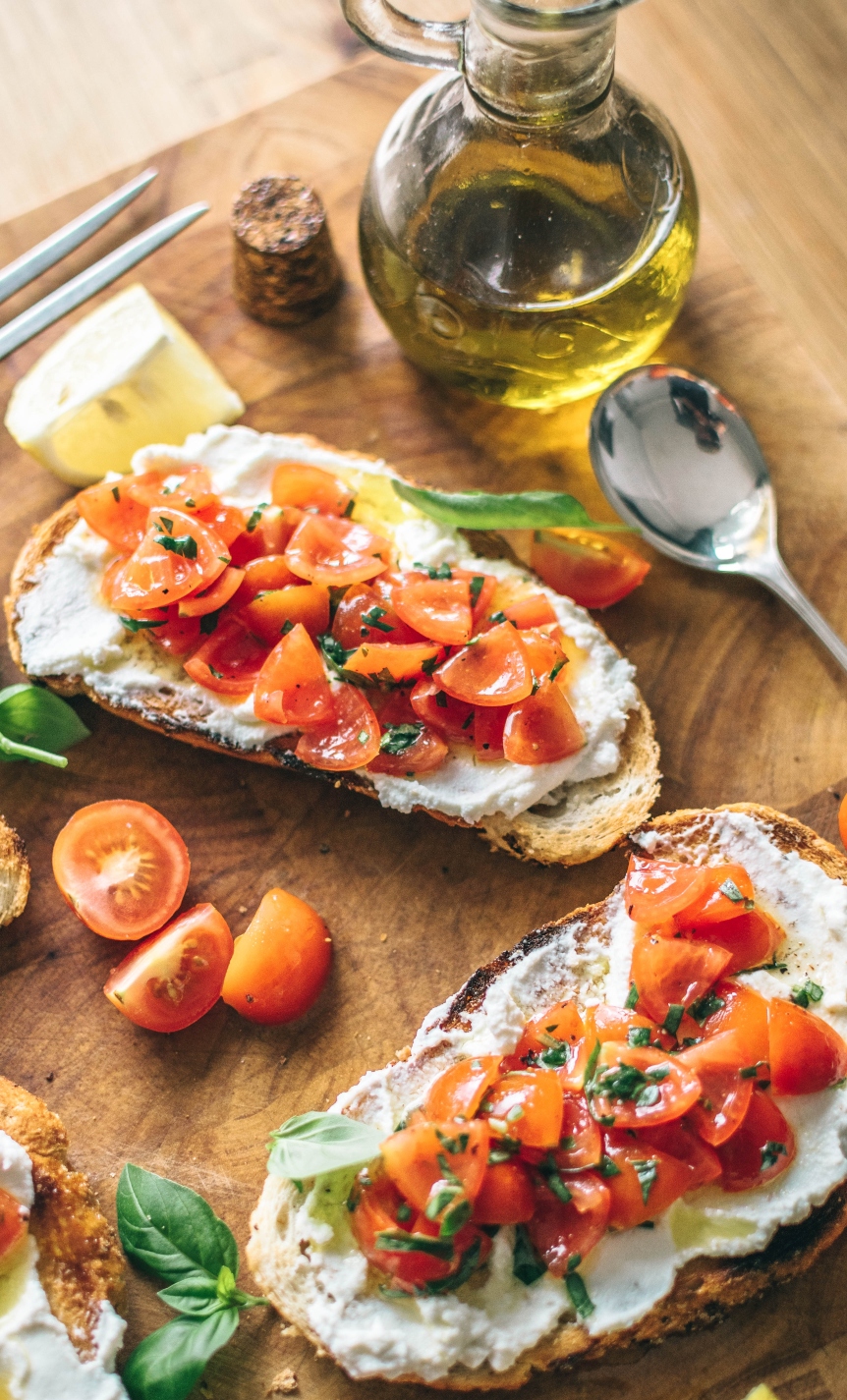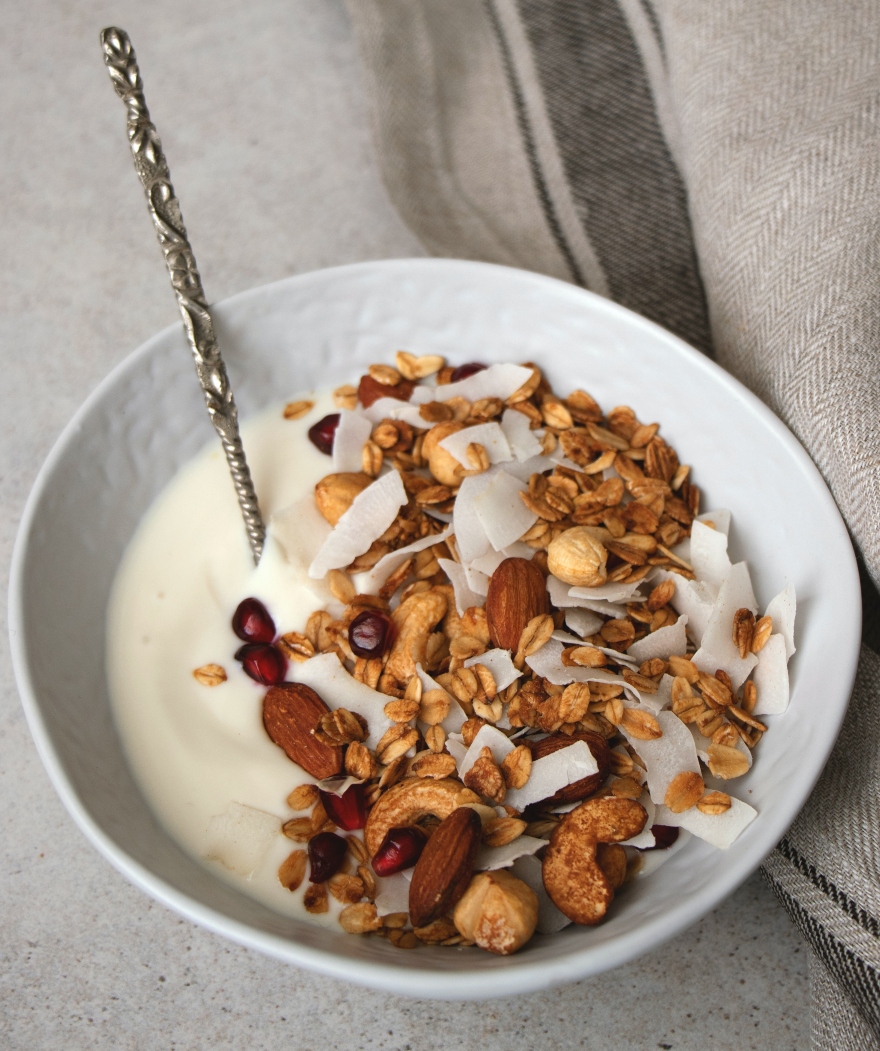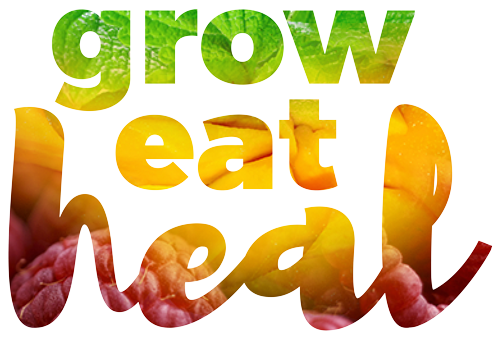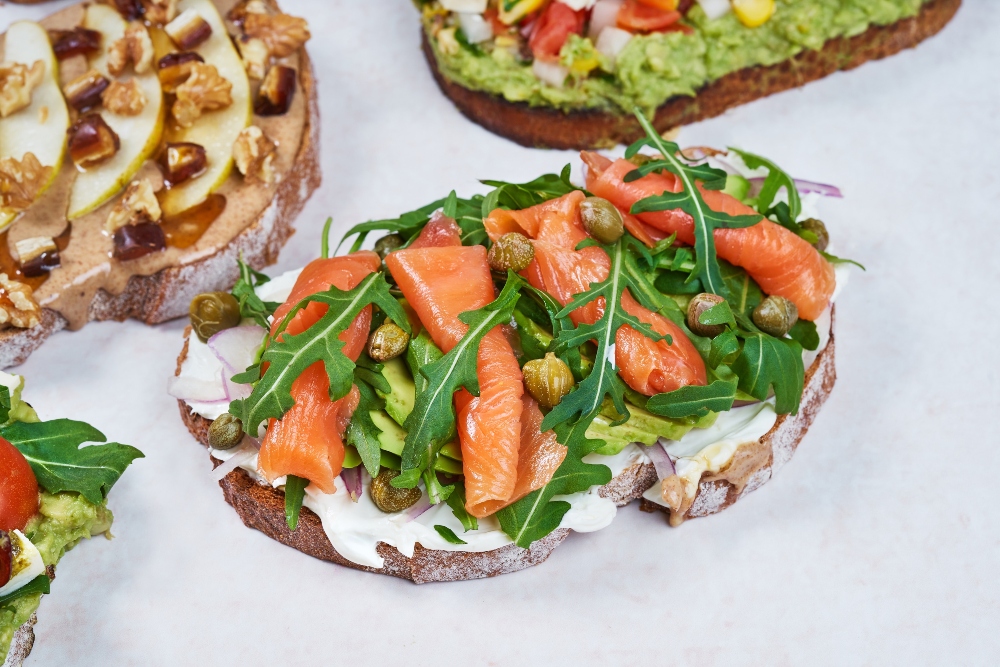The facts about fats
Dietary fats tend to have a bad reputation. Despite what you may have heard though, eating fat doesn’t make you fat, as long as you eat it in moderation. In fact, fat is a macronutrient and is essential to our health. Without enough fats in our diet, our skin, hair, brain, hormones, energy levels and metabolic functions can suffer.
Fats provide our bodies with essential acids required for building and maintaining our cell membranes. Your body needs dietary fats to help it absorb fat-soluble vitamins such as vitamins A, D, E, and K. Fats make you feel full, so you don’t overeat, they speed up your metabolism, and help regulate your blood sugar. They can also lower your risk for obesity and diabetes, high blood pressure and heart disease.
Like Jack Spratt, what if you eat no fat?
If you don’t get enough fats, you may notice symptoms such as dry rashes, hair loss, a weaker immune system, cognitive decline, irritability, memory loss, a loss of flexibility and an increase in joint inflammation, especially for active individuals.
One of the biggest signs that you’re not eating enough fat is dry skin. Oils maintain soft and supple skin and can help maintain the skin’s moisture barrier.
Not enough fats in your diet can speed up the appearance of aging and Omega-3 fatty acids, found in polyunsaturated fats keep your brain bright.
Does fat make you fat?
Many people avoid nuts, seeds, and avocado for fear these foods will make the fat. However, as with everything in life, it’s all about the quantity of dietary fat you eat. If you are trying to lose weight, don’t remove fats from your diet. Instead, aim to reduce saturated and trans fats, and replace them with moderate amounts of unsaturated fats, which are essential to health and maintaining a healthy weight. We need to focus on the ‘healthy’ fats and minimise our intake of the rest.
What is fat?
Not all fats are created equal. Dietary fats can be divided into four categories: trans fats, saturated fats, monounsaturated fats, and polyunsaturated fats.
It’s all about monounsaturated or polyunsaturated fats.
Your body can’t make polyunsaturated fats; that’s why you need to get them from the food you eat. Known as essential fats, polyunsaturated fats include omega-3 and omega-6 fats, and these can be found in oily fish, such as salmon, tuna, sardines and anchovies, walnuts, flaxseeds, along with some nuts and seeds such as sesame seeds, hemp seeds and pine nuts.
Monounsaturated fats are typically found in plant foods like avocados, olive oil and nuts like cashews and almonds.
What about trans fats?
We should steer clear of trans fats. These are unsaturated fats that have been processed and are often used to improve the taste and shelf life of processed foods. Trans fats can increase your level of bad (LDL) cholesterol and decreases the level of good (HDL) cholesterol in the body, increasing your risk of heart disease.

How much fat should we eat each day?
Fats are essential yet how much fat to eat each day is up to the individual as each person is completely different to the next.
Roughly, however, it’s recommended that our total fat intake should be around 25-30 per cent of our total energy intake. Of that, saturated fats should make up no more than 10 per cent. Roughly speaking, that means that most adults should eat at least 60 grams of fat each day, and it’s recommended that we replace saturated and trans fats with unsaturated fats in the diet as much as we can.
Tasty ways to enjoy healthy fats
- Add seeds (sesame seeds, pumpkin seeds, pine nuts) and nuts (almonds, cashews, walnuts) to salads and stir fries or on top of any gratins
- Use avocado as a spread and in salads
- Use natural nut and seed butters (peanut butter, tahini, almond butter) on whole grain toast
- Use extra virgin olive oil for salad dressings
- Stir fry and bake your veggies with olive oil
- Enjoy oysters, salmon, tuna and other fatty fish with your meals
- Snack on nuts and seeds
- Add chia seeds, LSA and nuts into your smoothies and homemade snacks like muffins
- Add nuts and seeds, such as chia seeds, to muesli, porridge and yoghurt.
- 20ml of raw olive oil daily can have a positive effect on the heart. Use as a dip for bread or add to cooked pasta.
The takeaway?
Well, it definitely isn’t McDonald’s. For years, we were told to remove fats from our diets. But if you want to know why fats are important, then maybe, as they say, the proof is in the pudding.
We were told to switch to low-fat foods, but this shift didn’t make us healthier, probably because we cut back on healthy fats as well as harmful ones.
The answer: eat real food. We should eat food that is as close as possible to the way nature made it and we should avoid the trans fats, replacing them with the essential fats our bodies need.

Grow Eat Heal is here for you with the tools to help you find health and wellness, so if you’d like to find out more about maintaining your health and wellbeing, and why fats are important in your diet, get in touch.
find me
Grow Eat Heal Ltd
Jocelyn J Murray
Auckland, New Zealand

